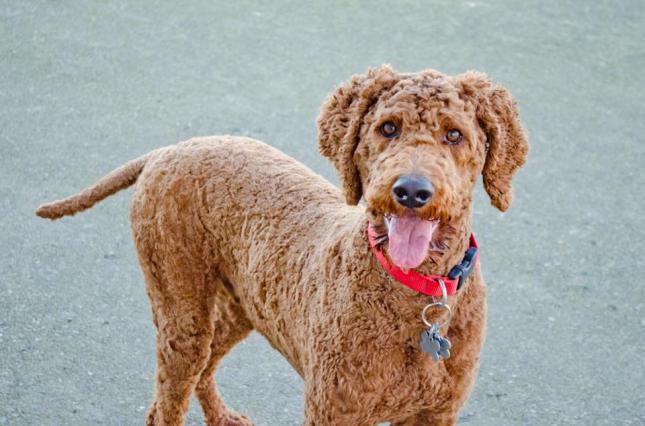 Dogs (and other pets) can be very inquisitive. Sniffing, smelling, and sometimes tasting almost anything in sight are natural behaviors for them. For that reason, dogs can unknowingly eat items that are not their food, and those items can be harmful to their health.
Dogs (and other pets) can be very inquisitive. Sniffing, smelling, and sometimes tasting almost anything in sight are natural behaviors for them. For that reason, dogs can unknowingly eat items that are not their food, and those items can be harmful to their health.
It’s super hard to keep an eye on pets all the time (especially when they are home alone or out exploring the back yard) so it’s important to understand what items can be harmful to eat, and what to do if you suspect your furry kid ate something they shouldn’t have.
Below is a list of some of the most reported toxins that companion pets are exposed to.
Keep in mind that not all dogs will be affected by some of the items listed in this article. There is no way of knowing how your pet will react if they eat human food or poisonous plants in the garden—we can just do our best to keep potentially harmful items out of their way as a precautionary measure.
House plants
- Most house plants don’t necessarily have to be eaten, simply chewing on them can be hazardous. Aloe, jade, philodendron, dumb cane, and corn plants are some of the most common house plants. If ingested, these plants can cause systemic effects on your pet(s) and/or effects on the gastrointestinal tract.
For a more complete list of plants that are toxic to dogs, click here.
Human food
 Alcohol–any form can cause vomiting, diarrhea, decreased coordination, laborious breathing, shaking, comas and even death.
Alcohol–any form can cause vomiting, diarrhea, decreased coordination, laborious breathing, shaking, comas and even death.- Bones–next time you want to throw your pup a leftover pork chop scrap, remember that they can splinter and cause choking or tears in their digestive tract.
- Caffeine–especially chocolate or coffee. They are harmful to animals due to the presence of methylxanthines- which is a chemical found in cacao seeds.
- Grapes and raisins—these can cause kidney failure.
- Onions and garlic–these can cause gastrointestinal discomfort.
- Raw meat—eating raw meat can disrupt your dog’s digestive tract as well as transmit E. coli.
For a more complete list of foods dogs should avoid, click here.
Household products
- Insecticides/pesticides/rodenticides and other chemicals used for treating mice, ant, cockroach, etc. infestations–some animals find these chemicals enticing so keep out of reach of all pets.
- Cleaning products should be put away and out of reach of pets, especially bleach.
- Prescription and over the counter meds like ibuprofen and Tylenol are extremely harmful—store them in places your dog can’t access.
For a more complete list of harmful household products here.
Just in case Fido or Snowflake try to sneak a donut or decide to chew up a houseplant while you’re not looking, this handy app, from the pet health and wellness pros at ASPCA, can help: https://www.aspca.org/pet-care/animal-poison-control/apcc-mobile-app
If you think that your companion pet has ingested a poisonous item, contact your local veterinarian or the ASPCA’s 24-hour emergency poison hotline directly at 1-888-426-4435.
This is another helpful website if you have any questions or concerns.
